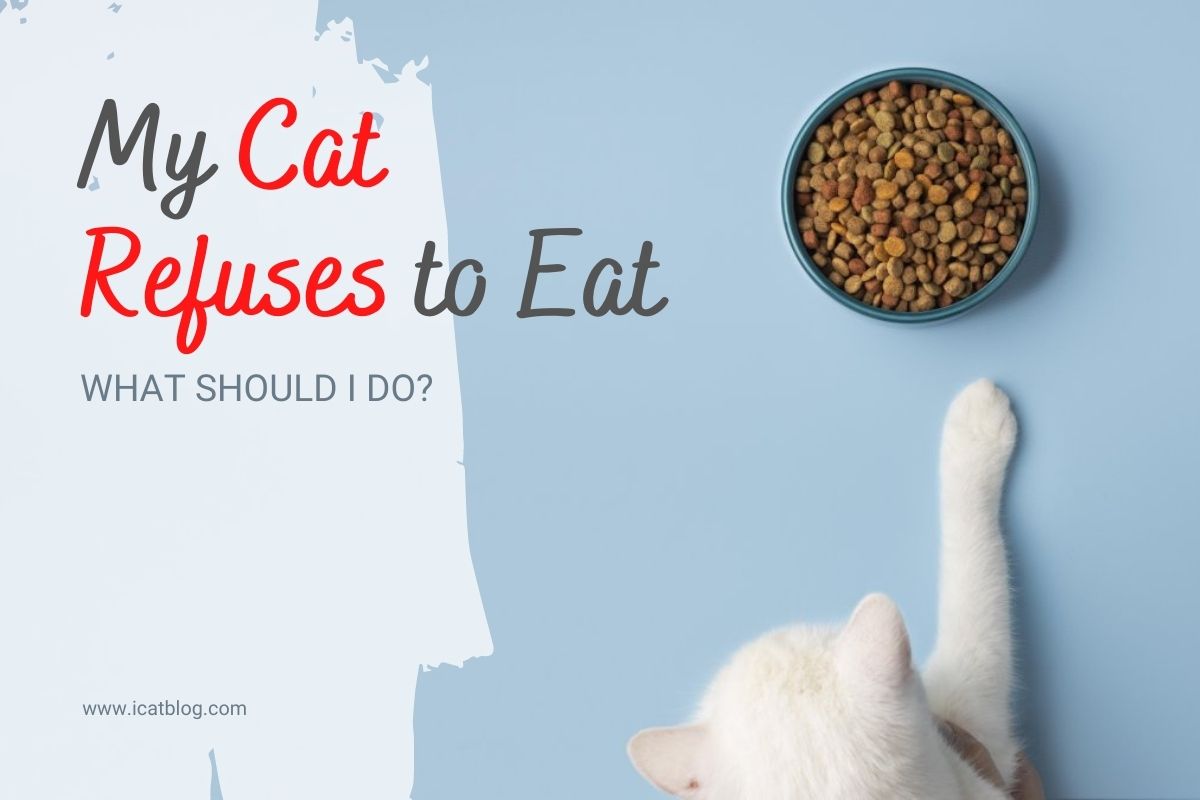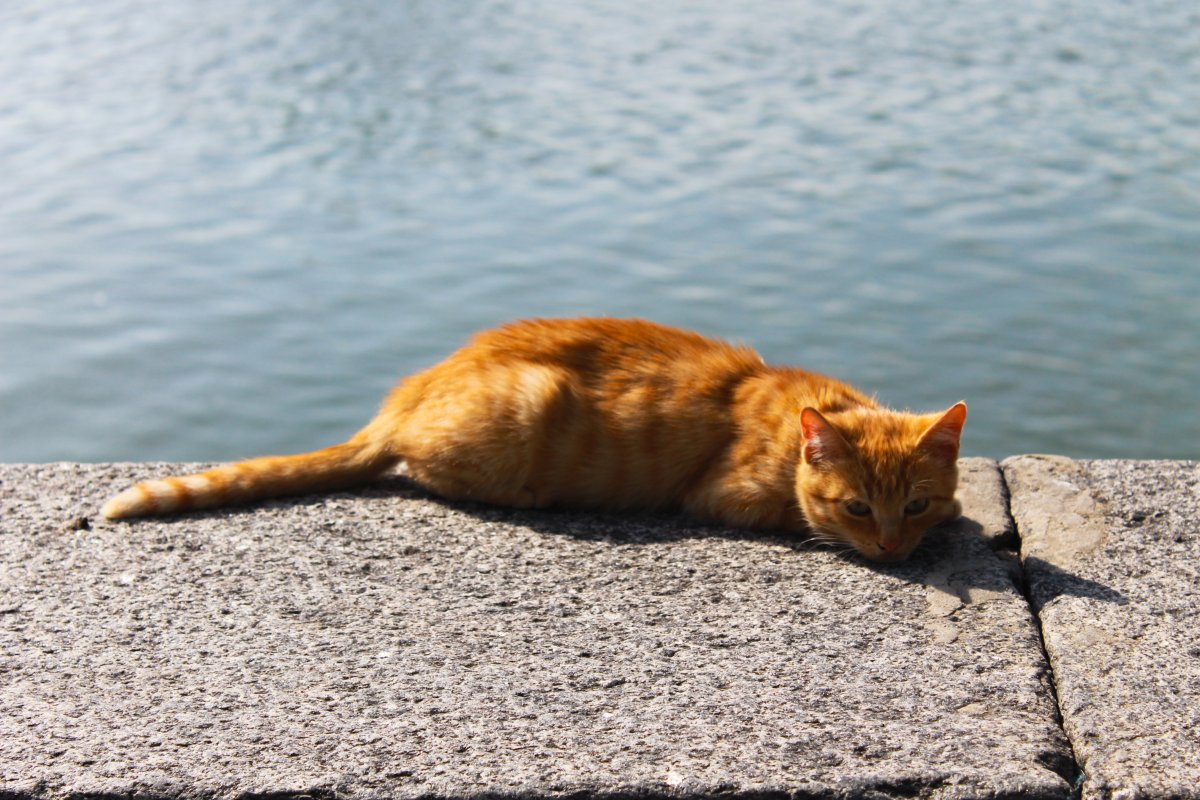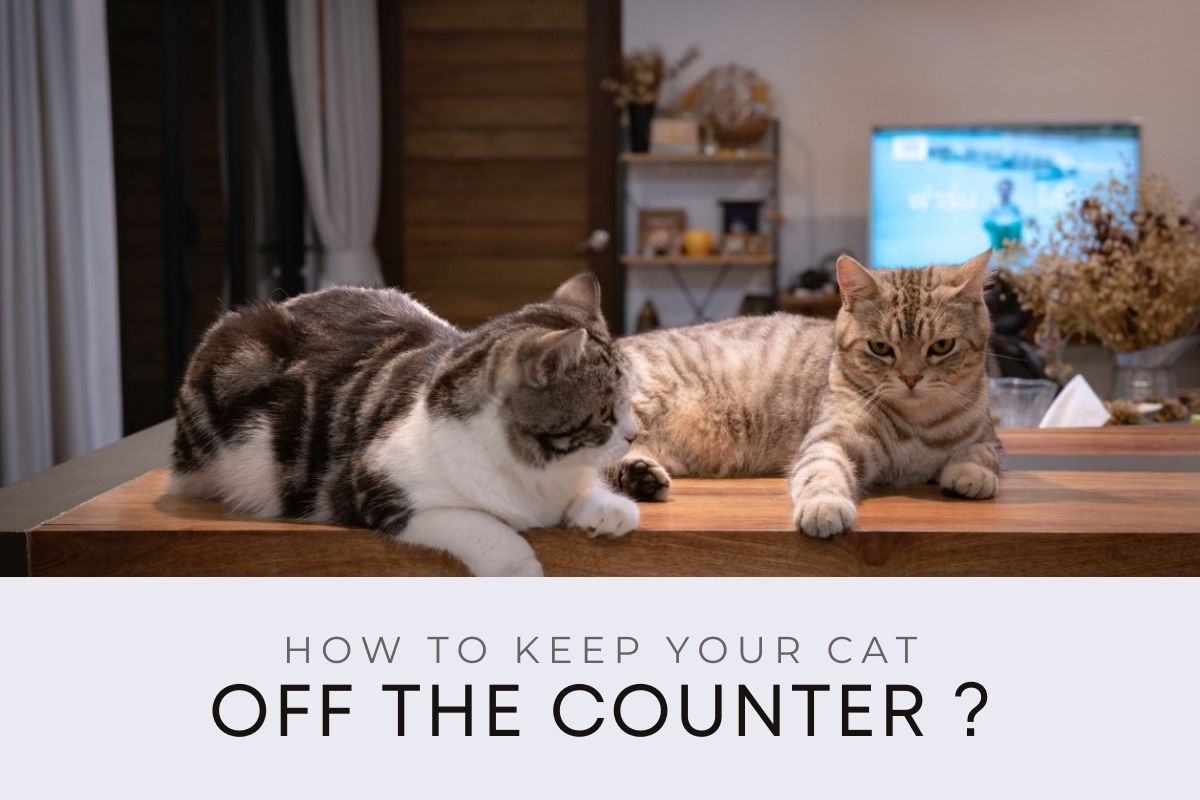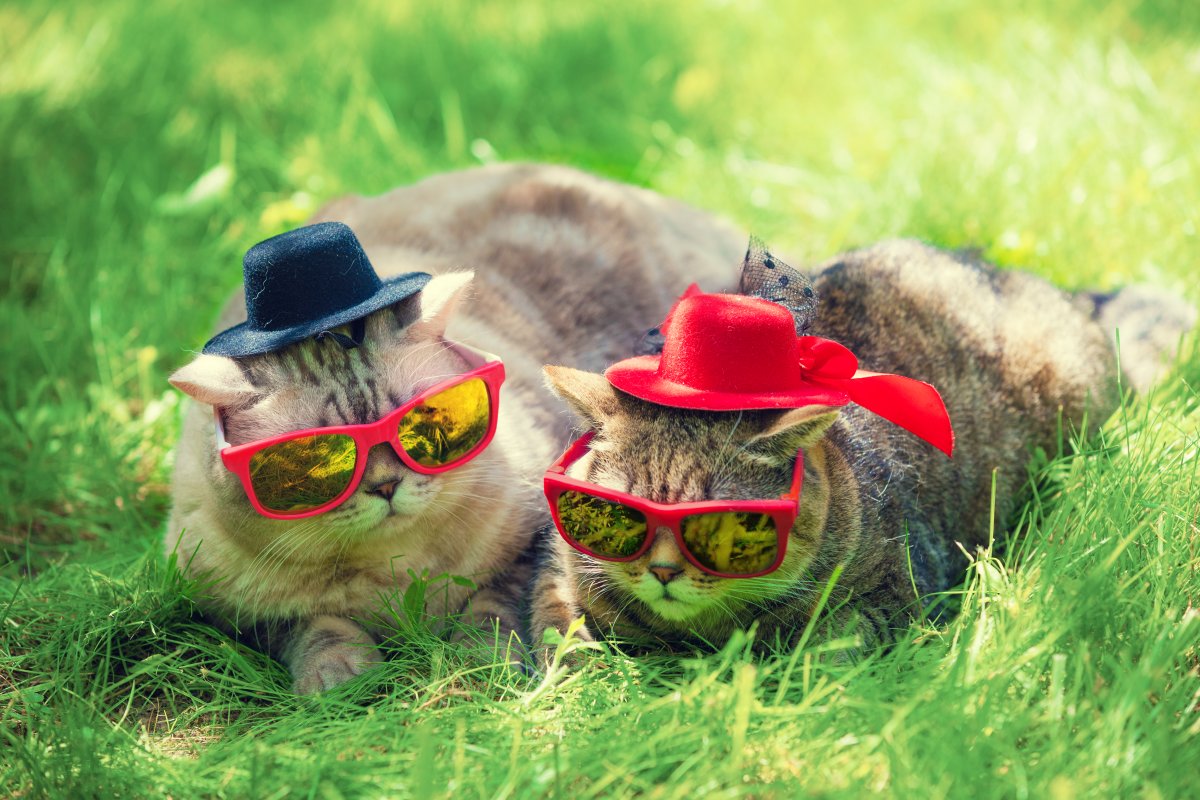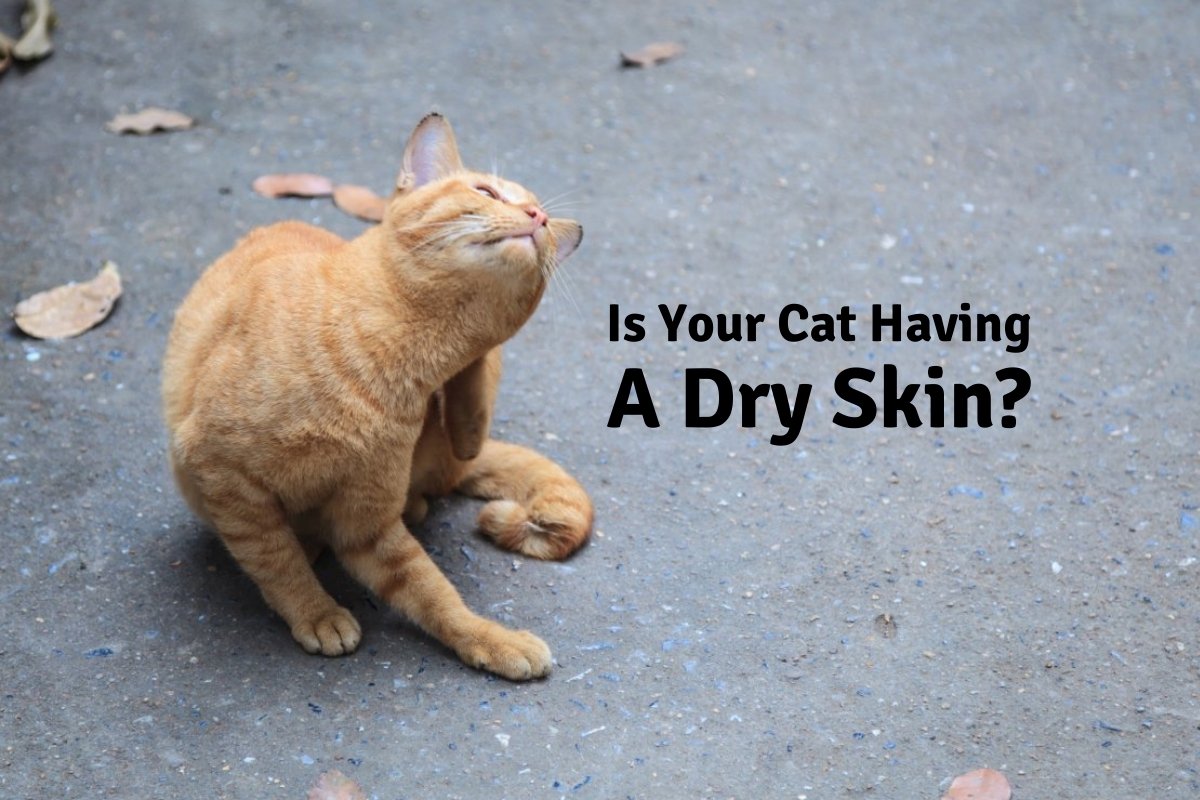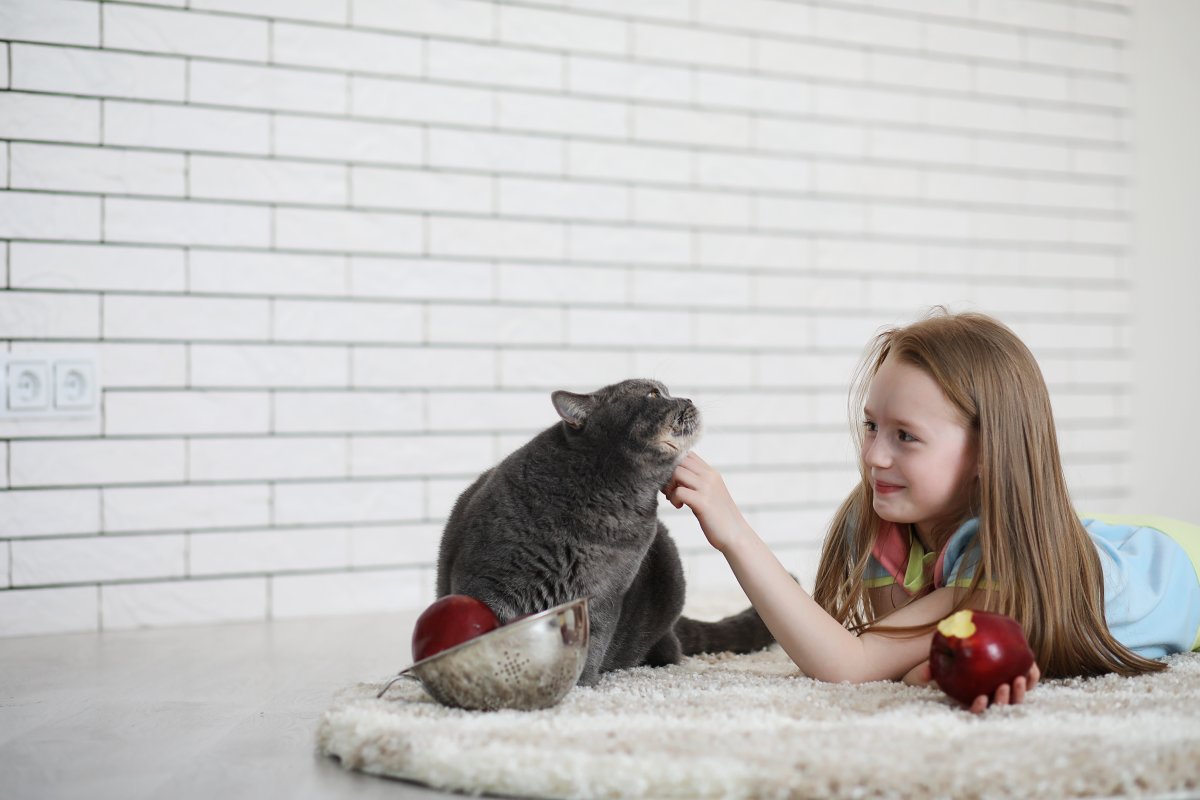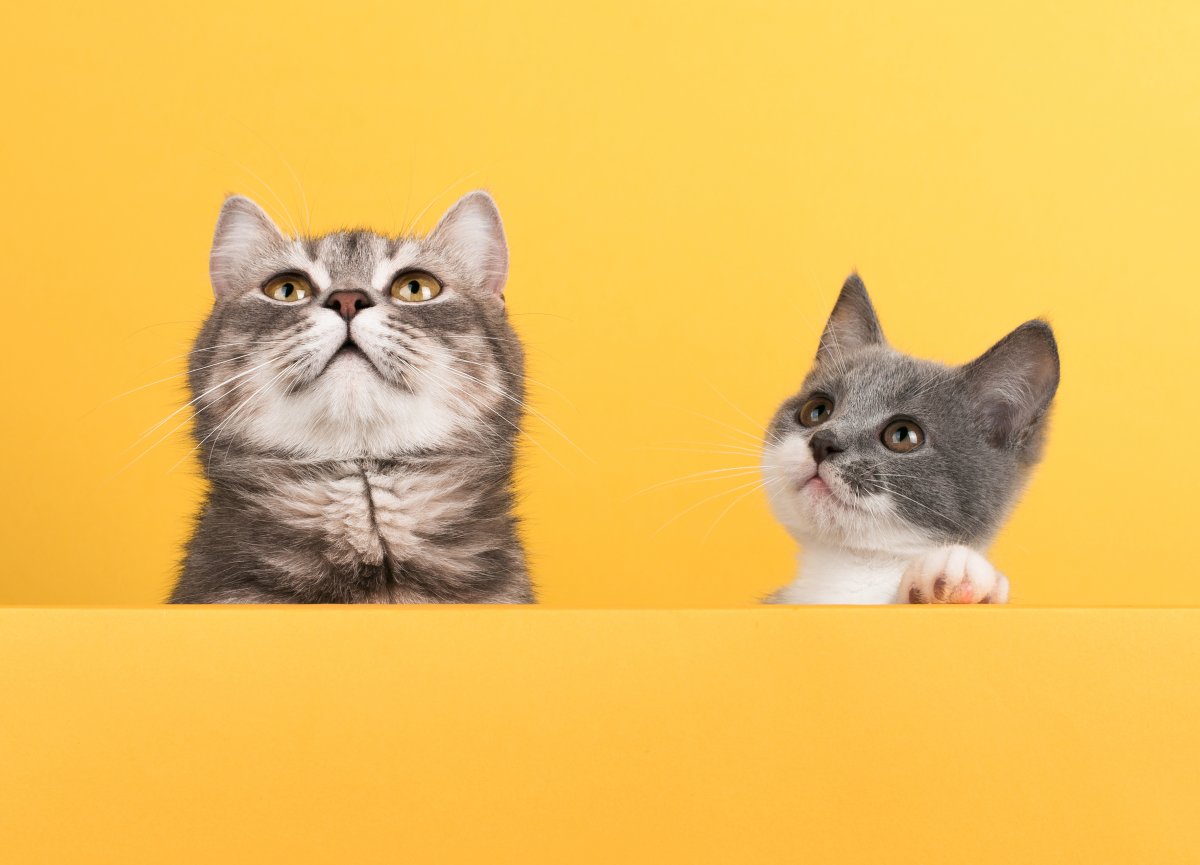Have you ever faced a situation where your furry little obedient kitty just refuses to eat? Anything you do can not make them keep food down their throats? Then it is undoubtedly something to be concerned about.
Yes, cats are fussy eaters, and their eating habits often go up and down like a roller coaster ride. But instant and clear disapproval of eating is nothing to make fun of. Instead, cats not eating is an issue that could lead to serious health issues and must be acknowledged at first instance.
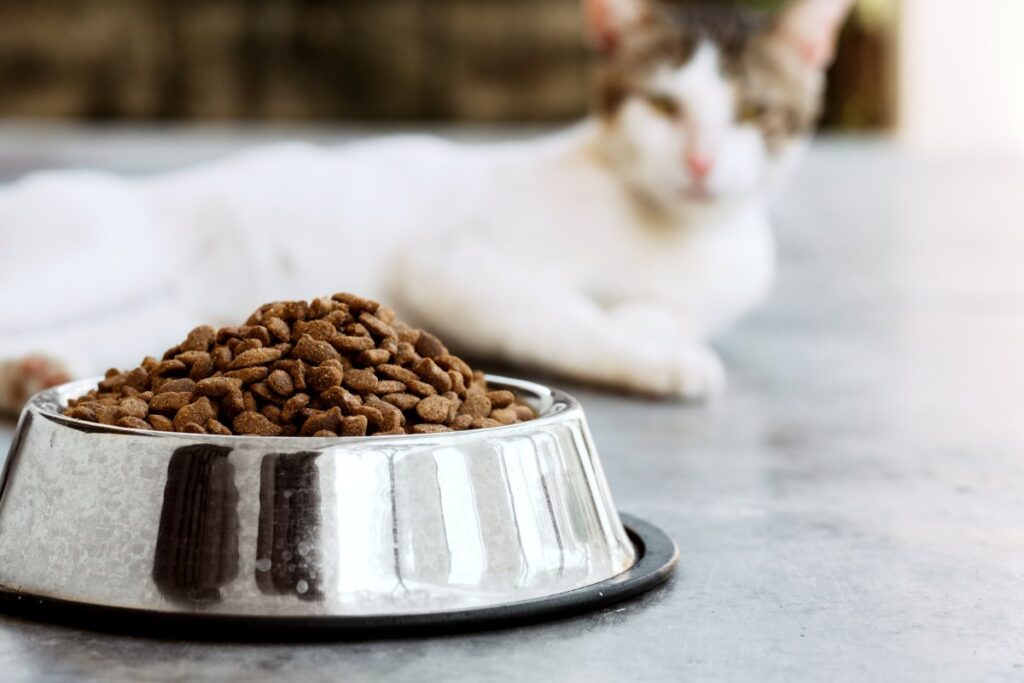
What Happens When Cats Don’t Eat?
While complete refusal to eat can be a dangerous sign concerning all pets, it can be specifically a red flag in cats. With a loss of appetite and an empty stomach, a cat’s body will turn to its fat reserve to gain energy. While this is not a problem at all, the liver’s inability to process fat can sure be an issue. Due to loss of appetite and empty stomachs, cats rapidly shed weight. This further results in a considerable absence of protein supplies in their bodies that inhabits the liver’s ability to process fat. In turn, the liver can get extremely overwhelmed with all the stored fat, which often leads to liver failure. This condition, in particular, is known as hepatic lipidosis and can prove to be a severe health issue in cats caused by refusal to eat.
Your cat’s refusal to eat could result from a severe illness, which calls for an appointment with the veterinarian. While phases of decreased appetite are not certainly something big to worry about, complete refusal to eat can be a dangerous sign for a cat. The quicker you address and deal with the issue, the better for your furry little pet animal.
Why Do Cats Stop Eating?
Many reasons can contribute to the causes of a cat refusing to eat. They are listed as follows:
❖ Illness
When your cats stop eating or refuse to even go near the food, it can be a significant indicator of something wrong in their bodies. As a pet owner, it is your responsibility to keep a check on the cat’s diet, eating habits, and when their appetite starts to vanish, so keep your eyes open. The most significant cause of loss of appetite in cats can be kidney failure, infections, intestinal problems, pancreatitis, or something as worse as cancer. Although, the causes are not always so severe. Other trivial issues like toothaches can also cause a loss of appetite in cats.
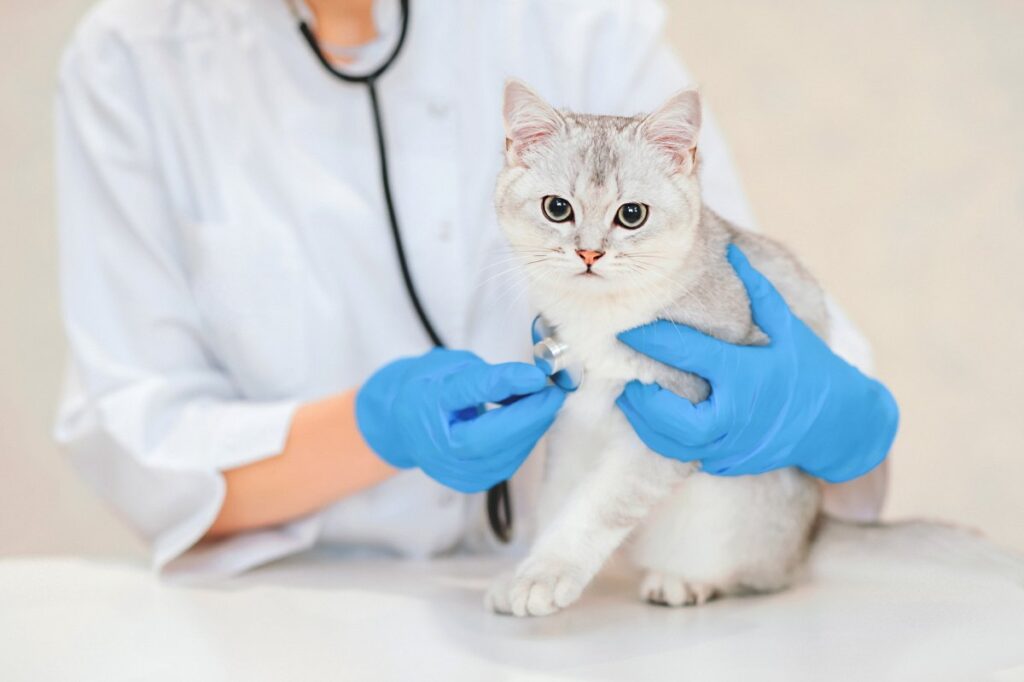
❖ Psychological Issues or Finickiness
If your cat isn’t physically ill or injured, another cause of losing appetite in cats can be psychological issues or finickiness. It can either be anxiety or depression, causing your cat to lose appetite. When veterinarians rule out the chance of physical illness completely, it is essential to consider getting your cat checked for physical illnesses.
Furthermore, other issues like changing places or houses can cause disturbance for cats, or changes in schedule or people around them can also contribute to unwell emotional stability. If none of the above, it might be just your cat’s finicky eating habit that gets them in trouble. These reasons can combine to make up for the loss of appetite in cats.
How Can You Make Your Cat Eat?
Be it because of a physical or mental illness or because your cat is a picky eater – a cat refusing to eat food can result in adverse consequences eventually. So make sure you are always keeping your cat on fulfilled diets and never starving them because of a particularly healthy diet.
❖ Treatment for Illness
If it is a specific illness causing loss of appetite in your cat, then take them to the veterinarian and get complete checkups. In some cases, the treatment might include changes in consistency, amount, or types of food. Whereas in other severe cases, veterinarians might prescribe medication to deal with the causes and onset of illness and loss of appetite in cats.
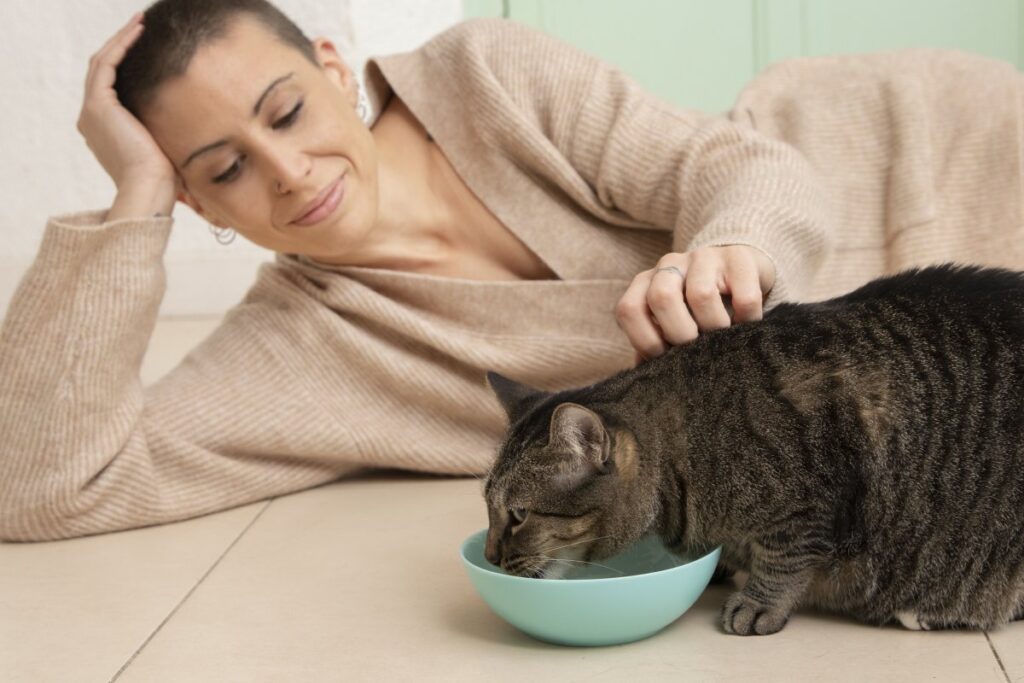
❖ Change in Diet
If it isn’t an illness that has caused the loss of appetite in cats, you can try different methods and myths to bring back your cat’s lost appetite. As you must have already heard, canned food like tuna can act as an appetite stimulator for cats. If you use this method to bring back your cat’s lost appetite, make sure you give them a small amount. A large or excessive amount of tuna canned fish food can cause an overabundance of vitamins and deficiencies in cats.
Other foods like broths, canned foods, and fish oil can stir up your cat’s enticement to eat again. If your cat still doesn’t eat the food, don’t leave it there to rot. But take it away from them and offer it again to them after complete reheating. Sometimes, stale and hardened food also becomes a reason for cats to stop eating.
❖ Changing Eating Habits
Another possibility of your cat refusing to eat any cat food is because they are hooked to the general human food you provided them. To change this eating habit, it has been advised to enable this transition throughout a couple of weeks. While doing so, don’t deprive your cat of any human food directly, but start mixing it with cat food to entice their appetites. Change the cat food to human food ratio over time until your cat becomes used to plain cat food again.
Conclusion
In conclusion, a cat’s refusal to eat can often signify health or behavioral issues. So be sure not to neglect this condition and consult a veterinarian for checkups right away. If the loss of appetite is because of a reason you can tackle at home, then sure do. But if it is because of an illness, take professional help.

